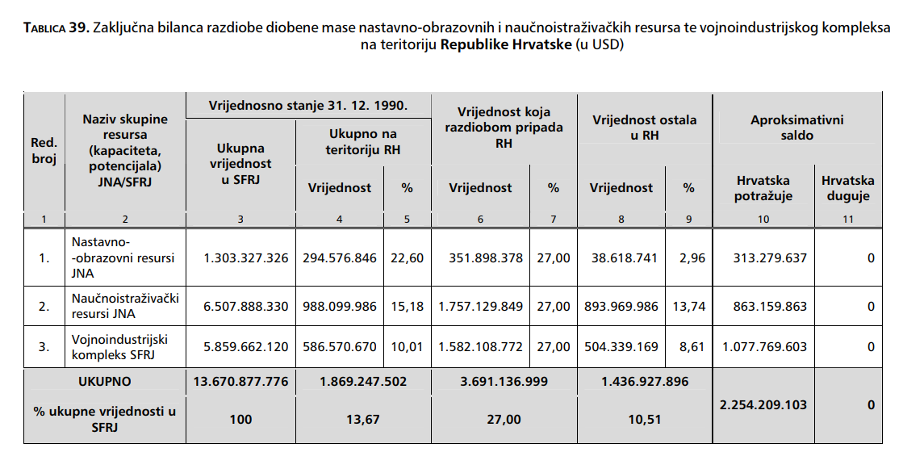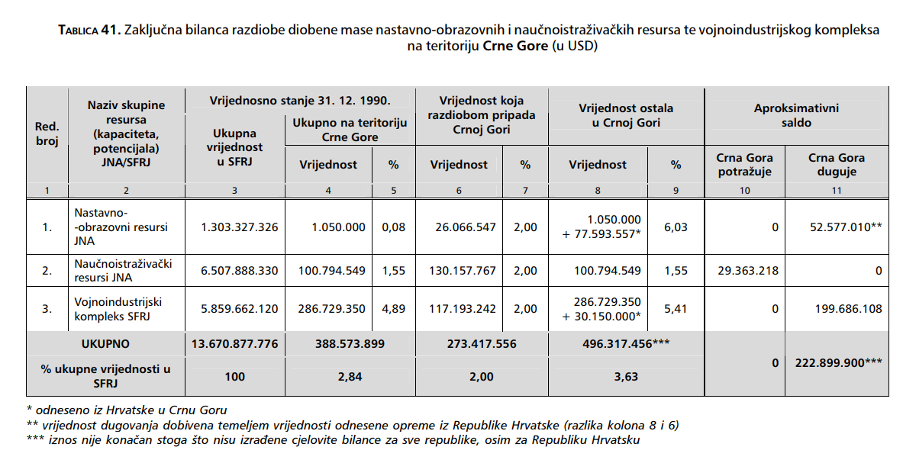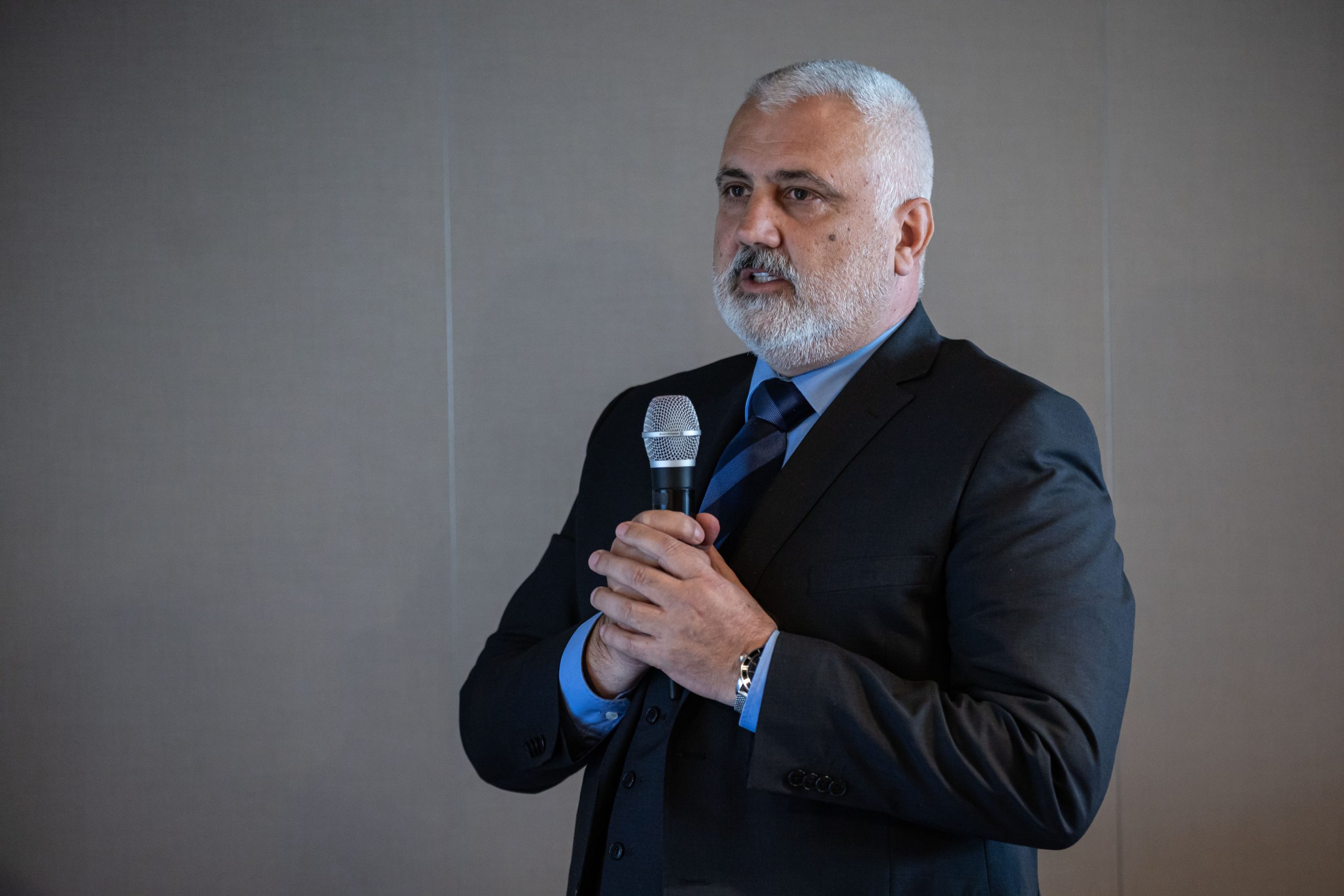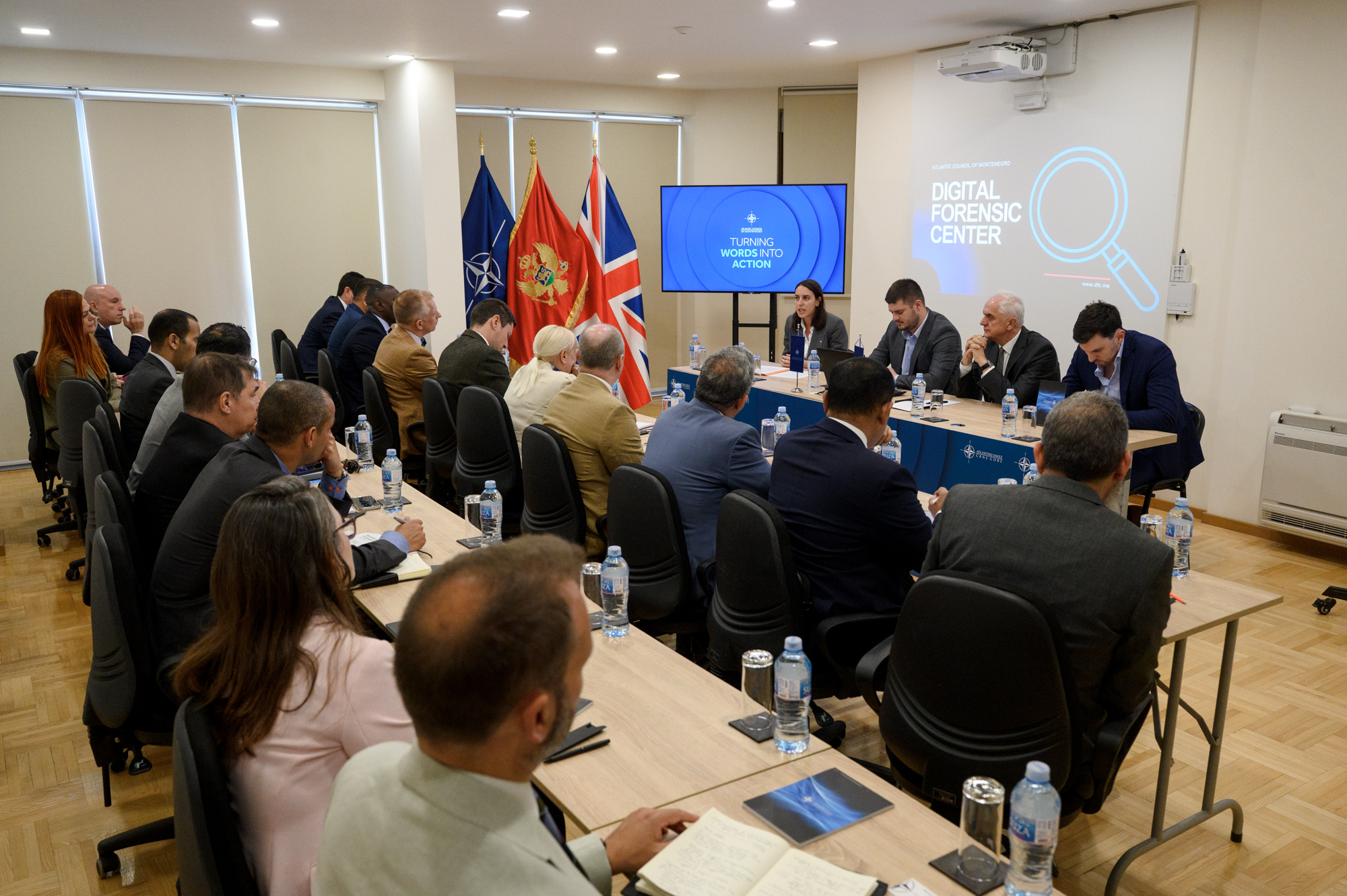Authored text by the Senior Fellow of the Atlantic Council of Montenegro, Admiral in retirement Dragan Samardžić
The intensive debate between Croatia and Montenegro, which has been ongoing in recent period regarding the ownership of the training ship Jadran, is just a continuation of the long-standing dispute over the military property of the former SFRY. It is important to note that the Republic of Croatia has never acknowledged that the process of the succession of military property has been concluded, and, through numerous concrete examples, Croatia has demonstrated consistency and perseverance in this matter. In this text, we do not wish to delve into peripheral, historically unfounded statements that refer to Jadran as a symbol of the maritime and historical heritage of Montenegro, a living symbol of our sovereignty, an identity of Croatian maritime and culture, and similar. Instead, we aim to highlight some erroneous narratives that should be abandoned if there is a sincere desire to address the issue.
One such narrative, often coming from the Croatian side, is that Montenegro has stolen the sailboat Jadran from Croatia. Montenegro did not steal or snatch any boat from Croatia; rather, it legally became the owner of the military property of the former SFRY based on the Constitutional Charter of the State Union of Serbia and Montenegro, which specified that the property of the FRY on the territory of the member states is the property of the member state based on the territorial principle. Furthermore, it is important to note that, according to the Constitutional Charter, Montenegro did not inherit the rights to the international legal personality of the FRY and the State Union of Serbia and Montenegro (SUSaM). So, in 2006, after declaring independence, Montenegro became the owner of all military property of the FRY which was located on its territory at that time, including the training ship Jadran.
Simultaneously, from the Montenegrin side, there is a persistent dissemination of the incorrect narrative that according to the signed agreements after the dissolution of Yugoslavia, Croatia does not have the right to claim the training ship Jadran, and that at the time of Croatia’s independence declaration, it was not in its territorial waters, and therefore does not belong to the Croatian state.
The main argument, previously voiced by some experts and persistently upheld by Defence Minister Dragan Krapović, is based on Annex A of the Agreement on Succession Issues, which relates to the movable and immovable property of the SFRY, specifically Article 3: (1) Movable state property of the SFRY located on the territory of the SFRY shall pass to the Successor State on whose territory such property was located on the day when it declared its independence. They further elaborate that since Jadran was not on Croatian territory at the time that Croatia declared independence but was undergoing repairs in Tivat since October 15, 1990, it does not belong to the Croatian state.
A dangerous and erroneous argument.
Why dangerous?
As it is known, the Republic of Croatia adopted the decision on independence on June 25, 1991, and the Croatian Parliament declared full independence on October 8, 1991. Indeed, on those dates, the training ship Jadran was not in Croatia but in Tivat however, lest we forget that at the same time, approximately 85% of the Yugoslav Navy’s ships and a vast amount of military equipment, weaponry, and supplies were located on the territory of the Republic of Croatia, later relocated to the territory of the FRY, mostly in Montenegro. If this article of the Agreement were to be applied to military property, the Republic of Croatia would indeed have a legitimate right to demand the return of all assets and/or substantial material compensation.
Why erroneous?
Fortunately, the argument put forth by officials from Montenegro is erroneous because Article 3 of Annex A does not apply to military property, as explicitly stated in Article 4: (1) Regardless of paragraph (1) of Article 3 of this Annex, movable state property of the SFRY that constituted part of its military property shall be subject to special arrangements, to be agreed upon between the interested Successor States.
By analogy, Minister Krapović’s assertion that according to the signed agreements after the dissolution of Yugoslavia, Croatia does not have the right to demand the training ship Jadran lacks legal basis because it is precisely the Agreement on Succession Issues that grants all successor states the right to negotiate and request special arrangements regarding the movable military property of the SFRY.
We emphasize that the Republic of Croatia formed the Council of Military Property as early as April 2003, consisting of 22 groups of experts, which thoroughly and analytically assessed the size and value of the divisible mass of military property. The task of the Ministry of Defence of the Republic of Croatia (MoD) was to determine the location (peacetime) of redeployment, size, and value of the entire divisible mass of the YPA, as well as to prepare divisional balances for the successor republics, for each segment of the divisible mass individually and for the YPA divisible mass as a whole.
According to available information, the expert groups have concluded their labor and estimated the total value of the divisible mass, which includes movable and immovable property of the YPA, at around 70 billion USD. From this amount, the Republic of Croatia claims around 10 billion USD, of which, according to unofficial sources, approximately 2 billion USD are attributed to Montenegro. In order to present the complexity of the succession of military property to the public, the MoD selected a representative segment from the entire divisible mass, which includes three related groups of resources and capacities of the YPA. These pertain to educational and scientific research resources and capacities of the YPA, as well as the military-industrial complex of the SFRY. The results were published in the scientific journal Plemos (issue 17/2006). The total value of the divisible mass that the Republic of Croatia claims solely based on these three groups of resources amounts to 2.3 billion USD. According to this calculation, Slovenia and Macedonia also have the right to claim from these three groups of resources, while Serbia owes 2.2 billion USD, Bosnia and Herzegovina owes 1.6 billion USD, and Montenegro owes 200 million USD.


Source: Polemos Vol. IX, No. 17, 2006.
The MoD of the Republic of Croatia did not publicly disclose the most important calculations related to the capital infrastructure of military facilities and major weapon systems (such as planes, ships, tanks, missiles, etc.).
Certainly, it should be noted that these calculations do not cover all military property, both movable and immovable and that they could not be based on all exact data. Furthermore, other states that emerged from the dissolution of the SFRY have their own arguments and different views on this issue. Croatia has organized two meetings in Zagreb with the aim of initiating discussions on special arrangements regarding military property in accordance with Annex A of the Agreement on Succession Issues. However, other states have expressed reservations or have not responded to the invitation for the meeting. Let us recall that in the two latest resolutions on the Commission’s Report on Montenegro for 2021 and 2022, the European Parliament called on Montenegro to fully respect the provisions and succession of the former Socialist Federal Republic of Yugoslavia, particularly regarding military property.
It seems that Montenegro is in the most unfavorable position regarding this issue, for several reasons that are easily apparent. It would be least advantageous for Montenegro to resolve the contentious issues with the Republic of Croatia through international arbitration, a resource to which Montenegrin officials have hastily resorted.
The government must be aware that the issue of ownership of the training ship Jadran is not an isolated matter and that if international arbitration occurs, Croatia would likely include the question of the entire division of military property of the SFRY in the dispute. Croatia could also present Montenegro with a substantial compensation claim. Certainly, Croatia should also consider the possibility that in the events of such a dispute, especially concerning the ownership of the training ship Jadran, other successor states could become involved as interested parties.
From all that has been mentioned, it is evident that the question of the succession of military property is very complex, serious, and sensitive, and it should be addressed hastily or ad hoc. Montenegro could face far-reaching negative consequences if it does not approach this issue in a valid and comprehensive manner. Hasty, historically and legally unfounded, populist political statements made for short-term applause from impassioned groups and voter favor can undermine long-term neighborly relations, which certainly is not in the interest of citizens of either state. We must not forget that Croatia is our neighbor and ally, as well as a long-standing promoter of Montenegro’s interests on its path to integration, previously in NATO and now in the EU.
Instead of directing our energy towards preparing a joint response to the numerous complex challenges that the region will inevitably face very soon, especially in the era of a highly complex global economic and security situation, we are behaving irrationally and worsening state relations. Considering that the capacities of the training ship Jadran exceed the needs of not only Montenegro and Croatia but also of the region and that maintaining the ship in fully operational and representative condition is demanding and costly for both countries individually, it would be more than rational to openly discuss with representatives of Croatia, as well as other interested states of the former Yugoslavia, to find an optimal model for its further use.
Therefore, the doors towards Croatia must not be closed, let alone slammed shut, but extra efforts should be made to mutually resolve the issue of succession of military property and all other contentious issues.









